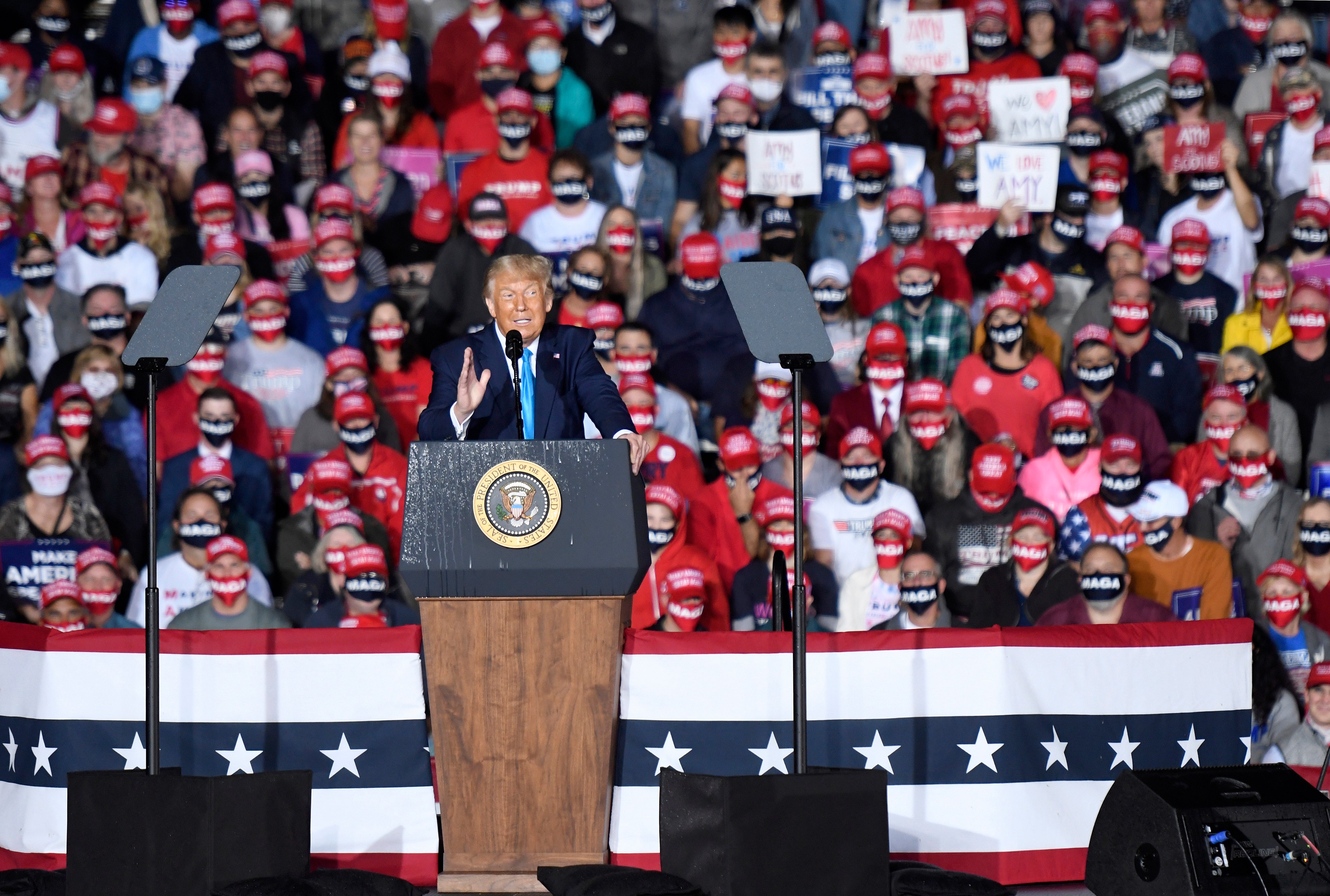what is fracking? Everything To Know
Fracking, short for hydraulic fracturing, is a method used to extract natural gas and oil from deep within the Earth’s surface. This technique has revolutionized the energy industry, but it also comes with significant environmental and health concerns.
What is Fracking?
Fracking involves drilling a well into the ground, often more than 1,500 meters deep. A mixture of water, sand, and chemicals is then injected into the well at high pressure. This high-pressure fluid creates fractures in the rock formations, allowing trapped gas and oil to flow to the surface.
History of Fracking
The concept of fracking dates back to the 1860s, but it wasn’t until the 1940s that hydraulic fracturing became standard in the oil and gas industry. The modern fracking boom began in the early 21st century with the introduction of slickwater fracturing fluids and horizontal drilling techniques.
Benefits of Fracking
- Energy Independence: Fracking has significantly increased the production of natural gas and oil in the United States, reducing dependence on foreign energy sources.
- Also Economic Growth: The fracking industry has created jobs and contributed to economic growth in many regions.
- Lower Energy Prices: Increased supply of natural gas and oil has led to lower energy prices for consumers.

:max_bytes(150000):strip_icc()/hydraulic-fracturing-flat-schematic-vector-illustration-with-fracking-gas-rich-ground-layers--948054748-7652eed9f4114a17b45a9413649e0990.jpg)
Environmental and Health Concerns
- Water Contamination: Chemicals used in fracking can contaminate groundwater, posing risks to drinking water supplies.
- Air Pollution: Fracking releases methane, a potent greenhouse gas, contributing to climate change.
- Health Risks:
Donald Trump’s stance and statements regarding fracking:
- Support for fracking: Throughout his presidency and campaign, Trump was a strong supporter of fracking (hydraulic fracturing). He viewed it as a key component of his “energy dominance” agenda and American energy independence.
- Regulatory rollbacks: Trump’s administration rolled back several Obama-era regulations on fracking, including rules about disclosing chemicals used in the process and standards for well construction on federal lands.
- Job creation claims: Trump often touted fracking as a significant job creator, particularly in swing states like Pennsylvania and Ohio.
- Environmental concerns: He frequently dismissed environmental concerns about fracking, arguing that it could be done safely and that its economic benefits outweighed potential risks.
- Contrast with Democrats: Trump often used his support for fracking to contrast himself with Democratic opponents, particularly in the 2020 election, claiming they wanted to ban the practice (though positions varied among Democrats).
- State rights: While supporting fracking federally, Trump also emphasized states’ rights to regulate the practice as they saw fit.
Regulation and Future Outlook
As renewable energy sources become more viable, the future of fracking remains uncertain. However, it continues to play a significant role in the current energy landscape.


